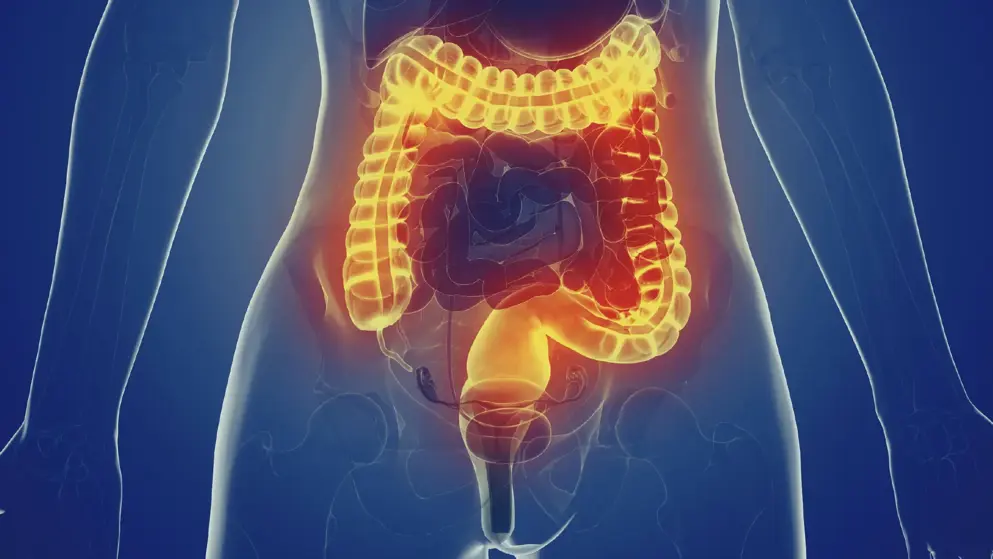
BMS provides update on phase II study of deucravacitinib in patients with moderate to severe ulcerative colitis.
The safety profile of deucravacitinib was consistent with previously reported studies in psoriasis and psoriatic arthritis, and no new safety signals were observed.
The company will complete a full review of the data from LATTICE-UC and the potential of deucravacitinib in UC continues to be evaluated in IM011-127, a second Phase II trial that also includes a higher dose. LATTICE-UC (IM011-024) is a Phase II, randomized, placebo-controlled, multicenter study evaluating the safety and efficacy of deucravacitinib in participants with moderate to severe ulcerative colitis (UC). The primary endpoint of the trial is clinical remission (using the modified Mayo score) at Week 12. Secondary endpoints include clinical response (using the modified Mayo score), endoscopic response, and histological improvement at Week 12. More information can be found on www.clinicaltrials.gov (NCT03934216).
IM011-127 is a Phase II, randomized, placebo-controlled, multicenter study evaluating the safety, efficacy and biomarker response of deucravacitinib in participants with moderate to severe ulcerative colitis (UC). The primary endpoints of the trial are clinical response and safety and tolerability at Week 12.

